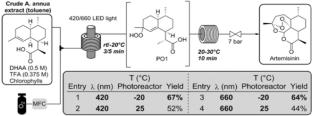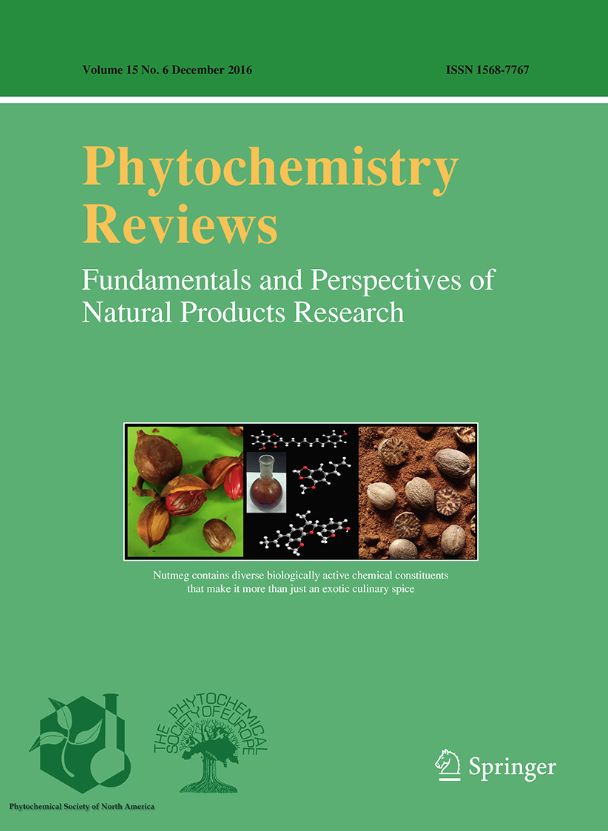Crude extractchemical engineering: strategy for the library generation of novel bio-active chemical entities
Abstract
The natural origin secondary metabolites have been considered as one of the richest source of new chemical entities with vast array of structural diversity and complexity. The natural compounds have played significant and crucial part in the development of number of therapeutic agents for various diseases especially in the cancer and infectious disease segment. The vast structural and molecular diversity of chemicals present in natural sources inspired medicinal chemist from ages to explore the chemotypes for the innovation and design of new pharmaceuticals and chemical entities. The design of diverse libraries of natural product congeners or derivatives can be achieved using various approaches and strategies to expand the natural product frameworks. Modifying common reactive molecular fragments in natural extracts is an effective strategy for creating pharmacologically active compounds. Various extraction and purification techniques, such as high performance liquid chromatography and supercritical fluid extraction along with membrane-based technologies, are employed to isolate these bioactive compounds.Direct crude extract modification of natural products is an interesting and recent strategy to evolve new chemical entities with diversity in structure and pharmacophore. The reactive chemical moieties present in most of the natural products can be engineered chemically by treating them with particular reagents to yield chemically modified extracts or semi-synthetic molecules constituting distinct libraries with enhanced chemo-diversity and improved pharmacology. This review aims to present latest developments in the synthesis of natural product-inspired medicinal compound libraries via direct chemical modification of crude extracts.



 求助内容:
求助内容: 应助结果提醒方式:
应助结果提醒方式:


